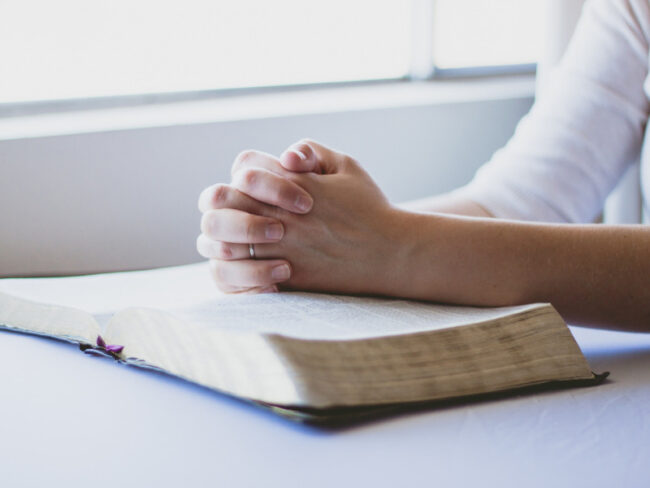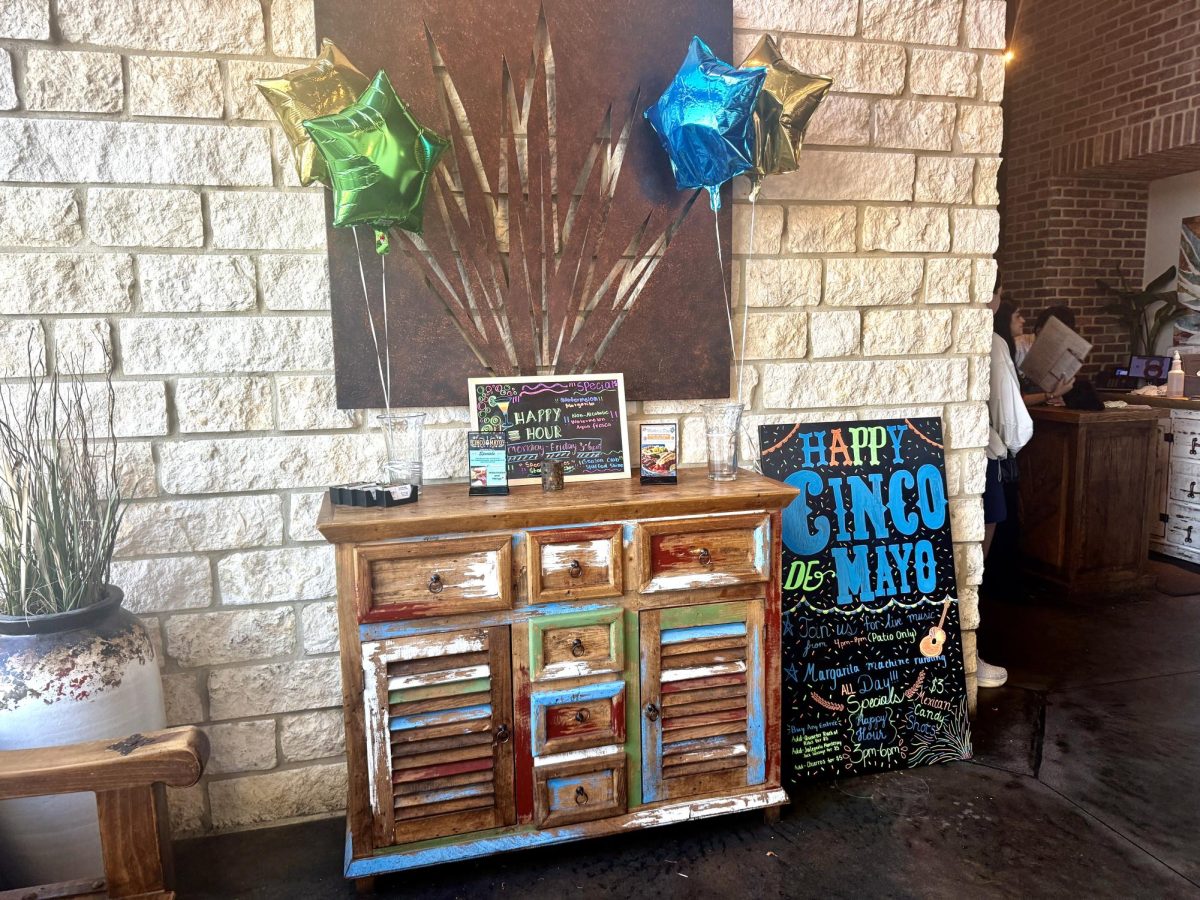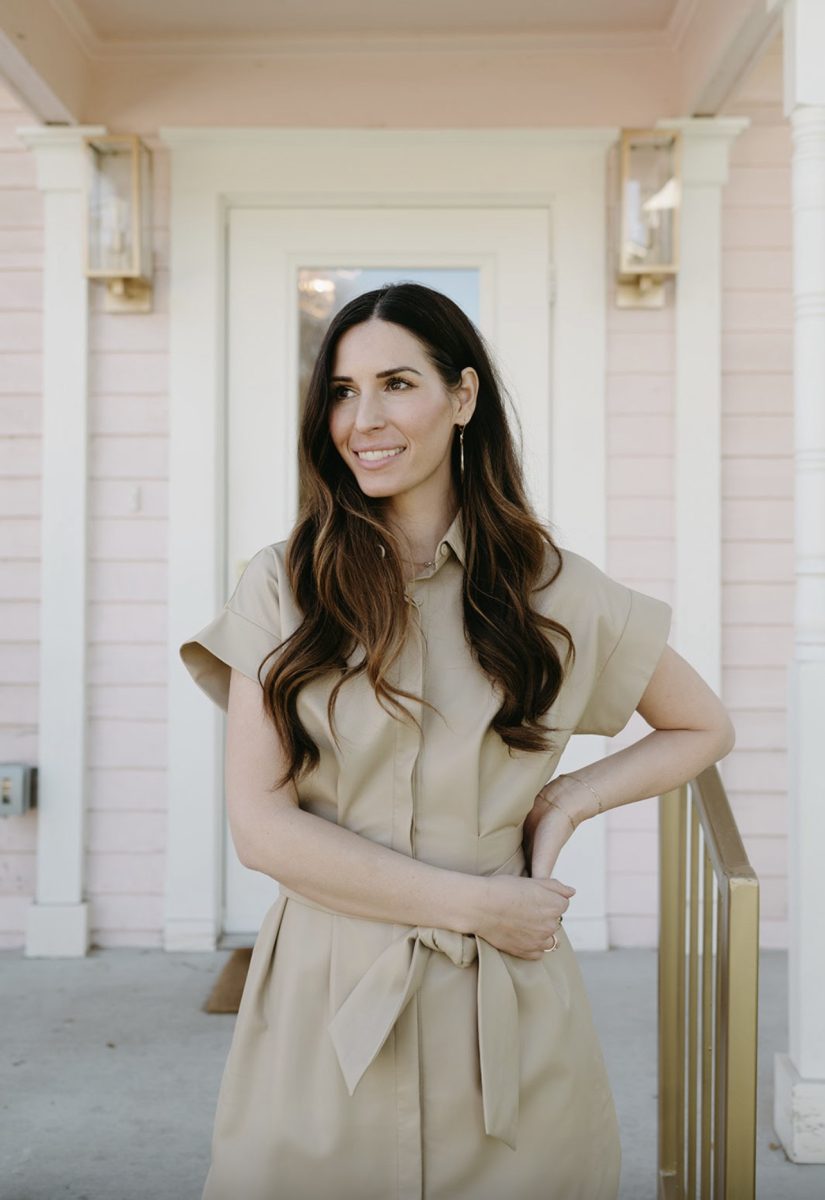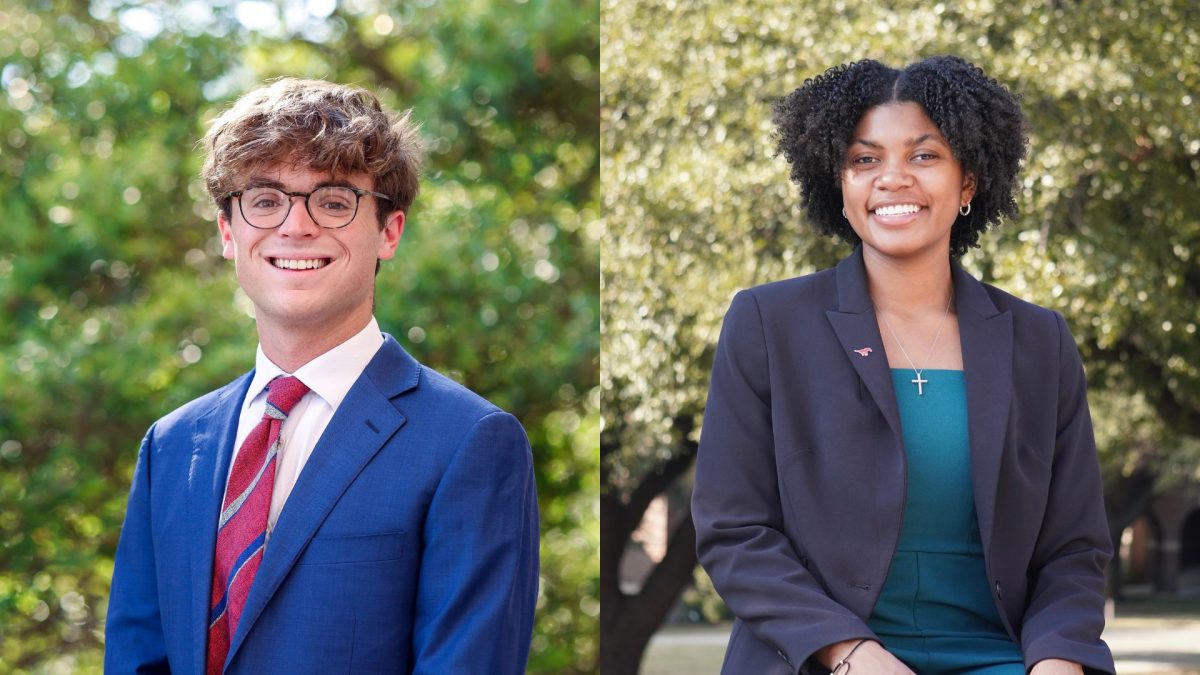By: Emma McRae
The conflict between faith and the media partially results from the decline of a shared cultural literacy about religion, panelists agreed at a discussion on faith and the media Tuesday night.
“Even in the context of deep divisions of identity, there was also some kind of level of shared cultural discourse,” said Melissa Harris-Perry, host of NPR’s The Takeaway, in reference to society’s secular progression and subsequent lack of education about faith.
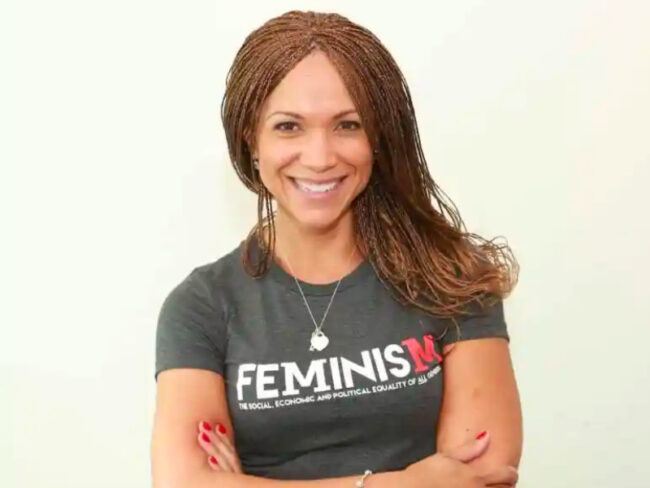
SMU Student Affairs and the Center for Faith and Learning welcomed Harris-Perry as well as New York Times columnist Ross Douthat, and Emmy Award-winning anchor Jenny Anchondo to campus for a panel discussing the intersection of faith and the media.
Connected by their careers in journalism, each panelist approached the discussion with a different perspective on the basis of personal faith.
Harris-Perry identifies as a Unitarian Universalist although her faith journey was influenced by The Church of Jesus Christ of Latter-day Saints and the African Methodist Episcopal Church as well. Anchondo, who currently covers lifestyle content locally, attends a United Methodist church here in Dallas though she was raised Catholic.
Douthat describes the earliest years of his faith journey as “a tour of American Christianity,” before he converted to Roman Catholicism when he was sixteen.
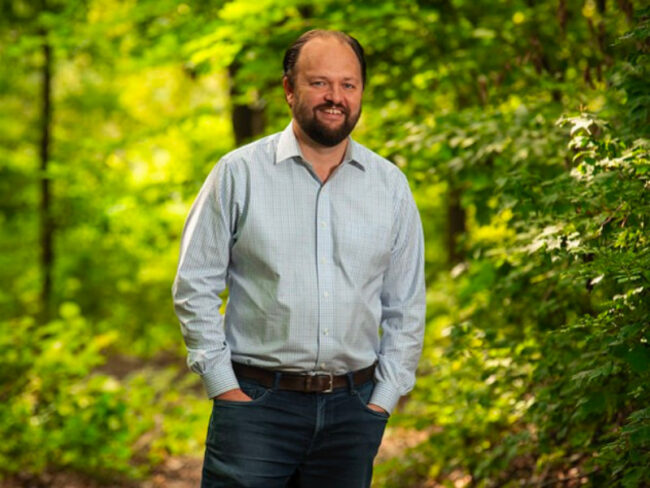
Along with the discussion about shared cultural literacy about religion, the panelists delved into how media outlets generally handle faith, the supposed controversy of faith and the media’s role in contributing to the ongoing discussion of faith in America.
When it comes to how well the media handles the topic of faith, Anchondo and Harris-Perry agreed that, generally, print and digital media are able to approach coverage of religion with more depth and focus than broadcast media is able to.
“I think that [lack of coverage] is being driven primarily by resources and expectation,” Harris-Perry said. “They’re often operating to generate a lot of content in fairly small periods of time.”
Douthat approached the question with a different perspective by acknowledging how digital media has improved religious coverage. He said that access to immediate responses from audiences over digital mediums holds journalists accountable for how they cover religion.
Given the current ideological polarization in America, the panel also discussed why faith is considered to be a controversial topic both in society and in the media.
Anchondo attributed this connotation to a lack of diversity and education about religion in newsrooms. She described specifically the tendency for journalists to “eliminate all of themselves” before walking into the newsroom in order to maintain objectivity.
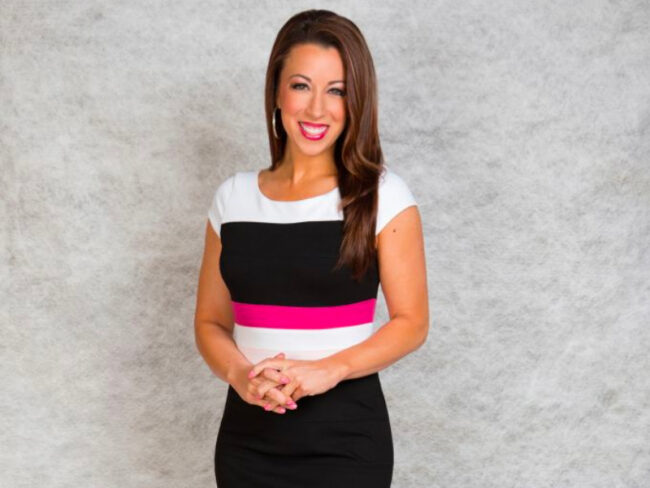
Anchondo said she embodied this idea as a young journalist but has since realized this lack of identity hinders the production of a shared discourse about religion.
Harris-Perry said that division and controversy surrounding the discourse of faith emerge from differing individual perceptions of right and wrong. When these perceptions are combined with faith-based conceptions of personal edification through defying the “wrong” majority, the effects can be polarizing.
“There are strong claims about right and wrong,” Harris-Perry said. “And for Christians who have a tendency to believe that persecution is evidentiary of righteousness, it can also be hard to reconcile with Democrats.”
The panelist also took the time to address whether or not the media has a role to play in helping audiences have a shared discourse about religious beliefs.
Though she does think the media has a role to play, Harris-Perry said the practicalities of business hinder the ability of the media to contribute to the discussion.
“Current resource allocation in media is a very corrupting allocation,” Harris-Perry said. “We have a fiscal incentive structure that creates a drive towards very particular information.”
In other words, coverage of religion is placed on the back-burner when another story will receive more views.
Ultimately, each panelist referred back to the importance of a shared cultural literacy about religion among Americans, affirming the importance of discussions like this one.
At the New York Times, Douthat is working to build that shared literacy. Douthat describes himself as a “token conservative” at the New York Times where he writes broad analysis columns covering many topics including religion and politics. Douthat said he often finds himself code-switching between his religious circles and more secular environments, but he is dedicated to continuing a collective discussion about religion even if it is with a more secular readership.
“I try to be better,” Douthat said. “I try to write a certain kind of column that tries to bridge that gap and maybe say it’s not as wide as it sometimes seems.”



